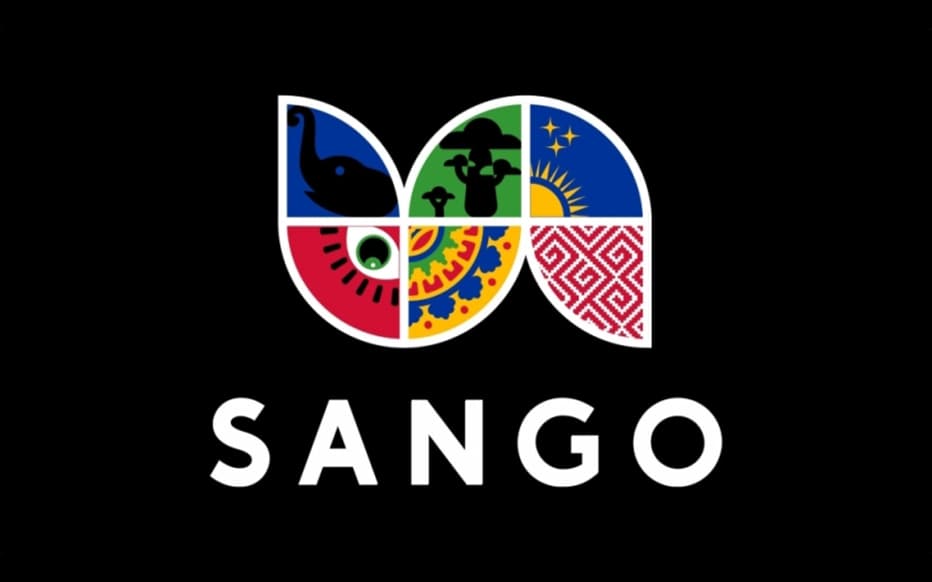At a time when Bitcoin and other cryptocurrencies are in the eye of the storm, the first sale of the Central African cryptocurrency is not generating much interest.
Of the 210 million sango coins offered for sale since July 25, 2022 by the Central African Republic, 12.1 million found buyers in the space of three days, according to data published on the evening of July 27, 2022 on the official website dedicated to the Central African national cryptocurrency.
These sales earned the first African country to adopt bitcoin as its legal tender $1.2 million, with the sango coin offered at a unit price of $0.10.
Described as a “national digital currency”, the sango coin was offered for sale with a minimum investment of $500 to be paid in cryptocurrencies including Bitcoin and Ethereum, according to data published on sango.org.
Twelve more sango coins sales operations are planned, with prices increasing each time.
At the next sale, during which the unit price of the sango token will be set at $0.15, foreign investors will be able to buy citizenship for $60,000 in cryptocurrencies on condition that they hold equivalent sango coins for five years as collateral, and “e-residency” for $6,000 held for three years.
A 250-square-meter plot of land is also on offer for $10,000 to investors who agree to hold sango coins for a decade.
On July 3, 2022, Central African President Faustin Archange Touadéra announced that sango coins would become “the catalyst for the tokenization of the country’s vast natural resources”. He also announced the launch of a “Crypto Island”, presented as a zero-tax free zone where palaces, casinos, a large stadium and a water park would be built.
First unveiled last May, the Sango project (one of the country’s official languages) essentially aims to turn the Central African Republic into an international investment and cryptocurrency development hub.
The second least developed country in the world according to the UN, last April the Central African Republic became the first country in Africa and only the second in the world (after El Salvador) to adopt Bitcoin as its official currency.
The adoption of digital finance by this country torn apart since 2013 by civil war has aroused strong apprehensions on the part of several international and regional financial institutions, including the International Monetary Fund (IMF), the World Bank and the Bank of Central African States (BEAC).
Critics of the Sango project also consider it “unrealistic” in a country where the Internet penetration rate is around 11%, and the electrification rate is limited to 14.3%.
Editorial staff (with SS and CA)



